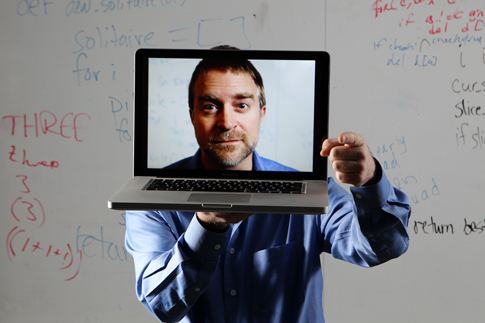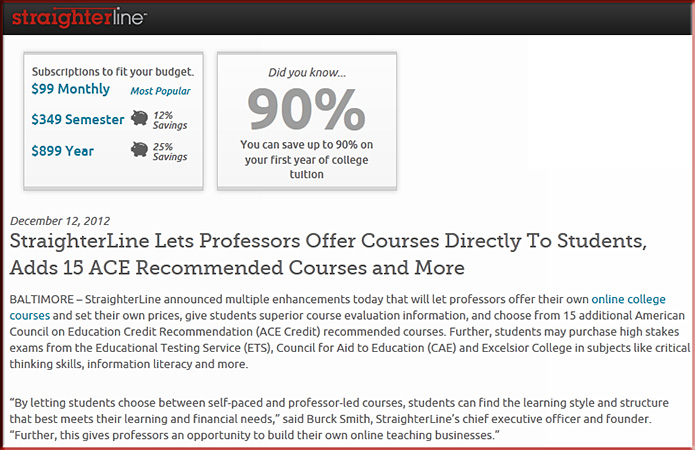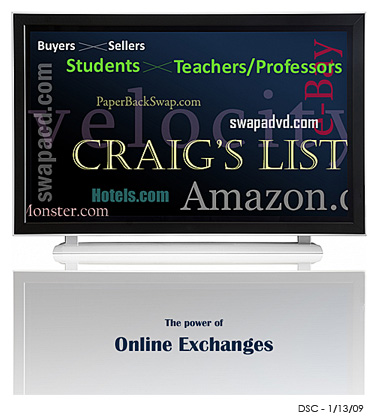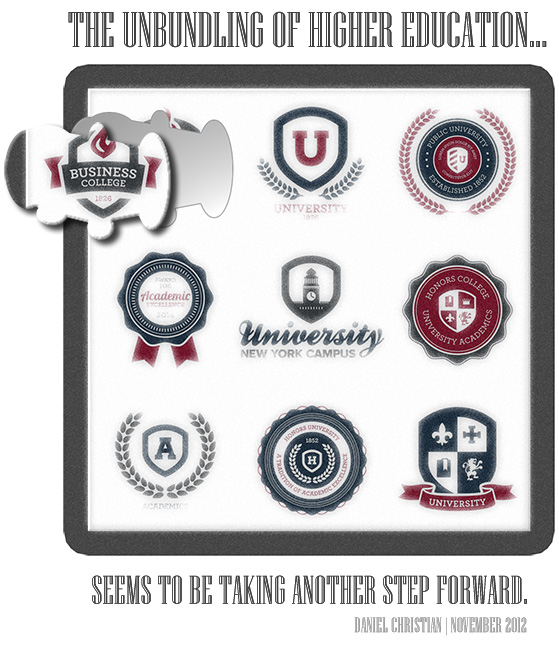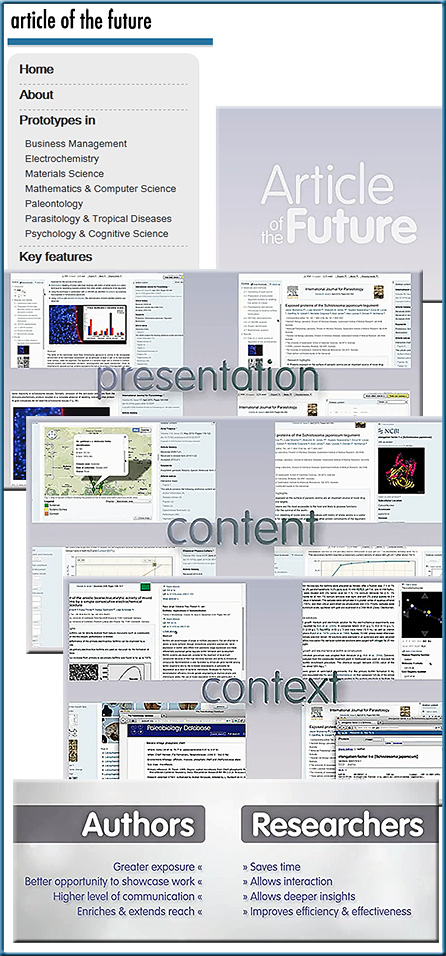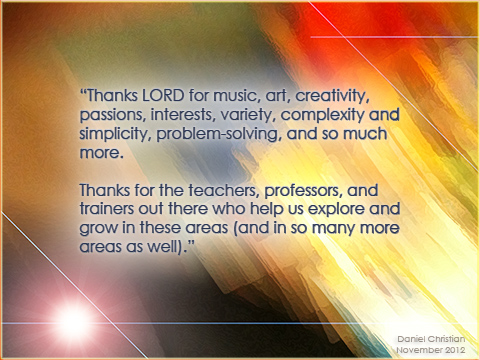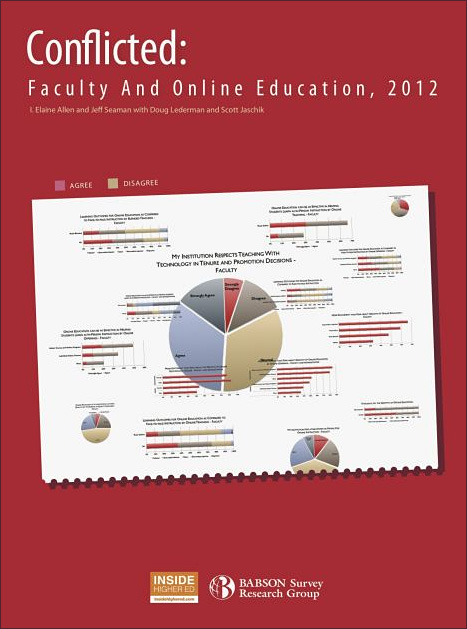Hacking the Academy: A book crowdsourced in one week — from MPublishing/University of Michigan Press
.
On May 21, 2010, we posted these intentionally provocative questions online:
Can an algorithm edit a journal? Can a library exist without books? Can students build and manage their own learning management platforms? Can a conference be held without a program? Can Twitter replace a scholarly society?
We asked for contributions to a collectively produced volume that would explore how the academy might be beneficially reformed using digital media and technology. The process of creating the edited volume itself would be a commentary on the way things are normally done in scholarly communication, with submissions coming in through multiple channels, including blogs, Twitter, and email, and in multiple formats—everything from a paragraph to a long essay to multimedia. We also encouraged interactivity—the possibility that contributors could speak directly to each other, rather than creating the inert, isolated chapters that normally populate edited volumes. We then sent out notices via our social networks, which quickly and extensively disseminated the call for submissions. Finally, we gave contributors a mere seven days, the better to focus their attention and energy.
Preface | Dan Cohen and Tom Scheinfeldt
.
Excerpt from “About the Book“
MPublishing, the publishing division of the University of Michigan Library, is pleased to announce the open-access version of Hacking the Academy, The
Edited Volume. The volume is forthcoming in print under the University of Michigan Press digitalculturebooks imprint.
This volume was assembled and edited by Dan Cohen and Tom Scheinfeldt from the best of over 300 submissions received during a spirited week when the two editors actively solicited ideas for how the academy could be beneficially reformed using digital media and technology. For more on the unusual way this book was put together, please start with Cohen and Scheinfeldt’s preface.









